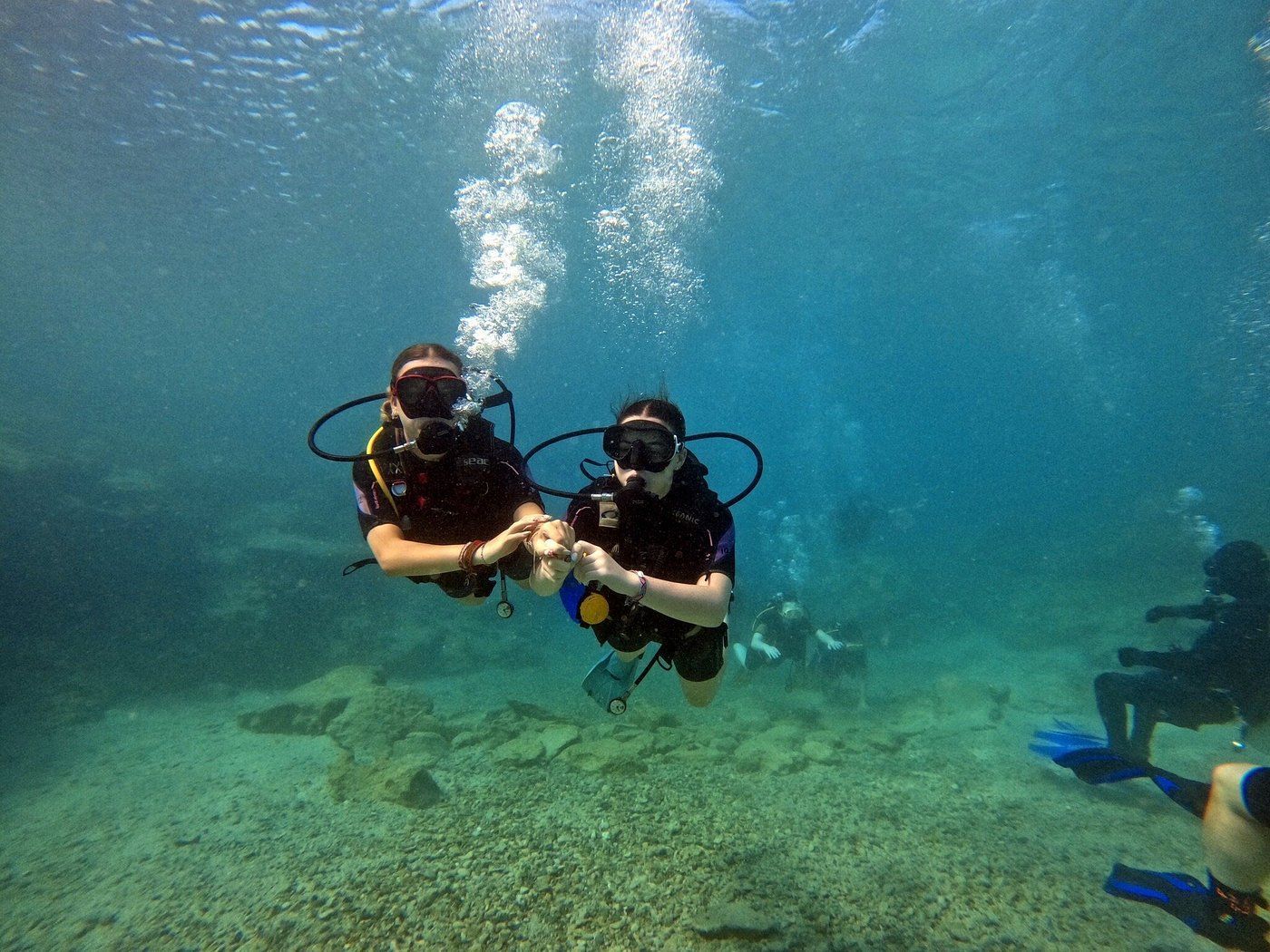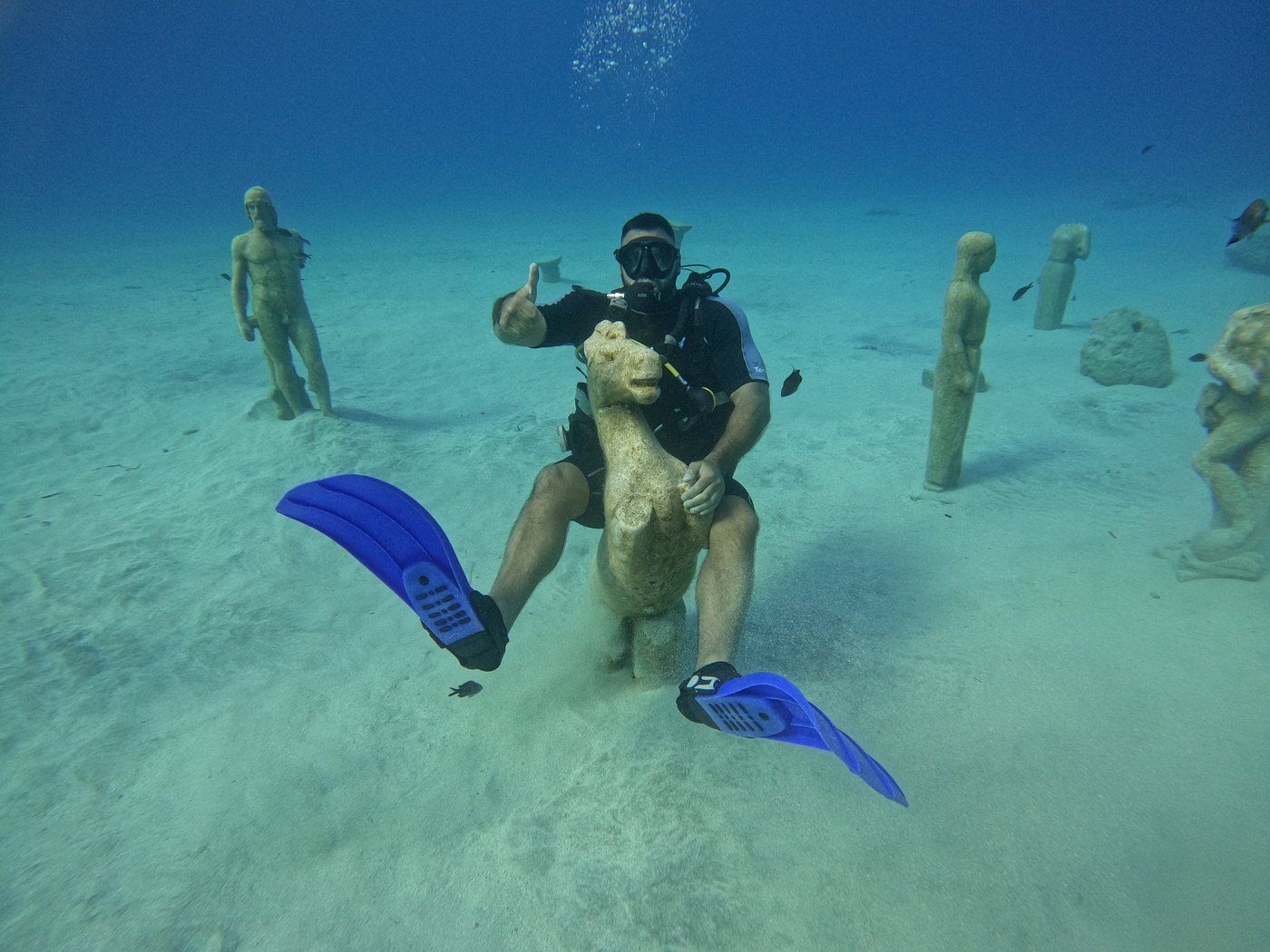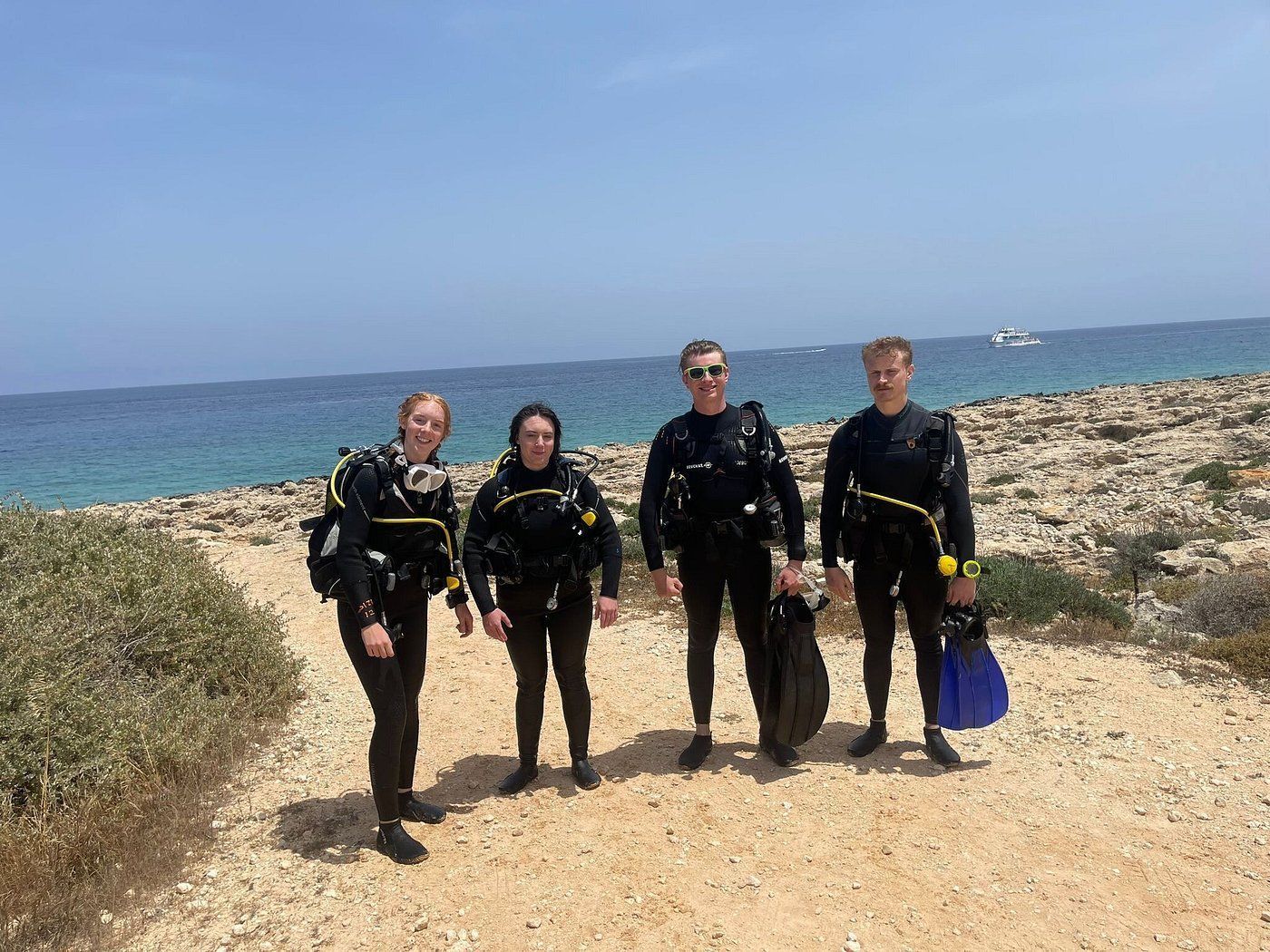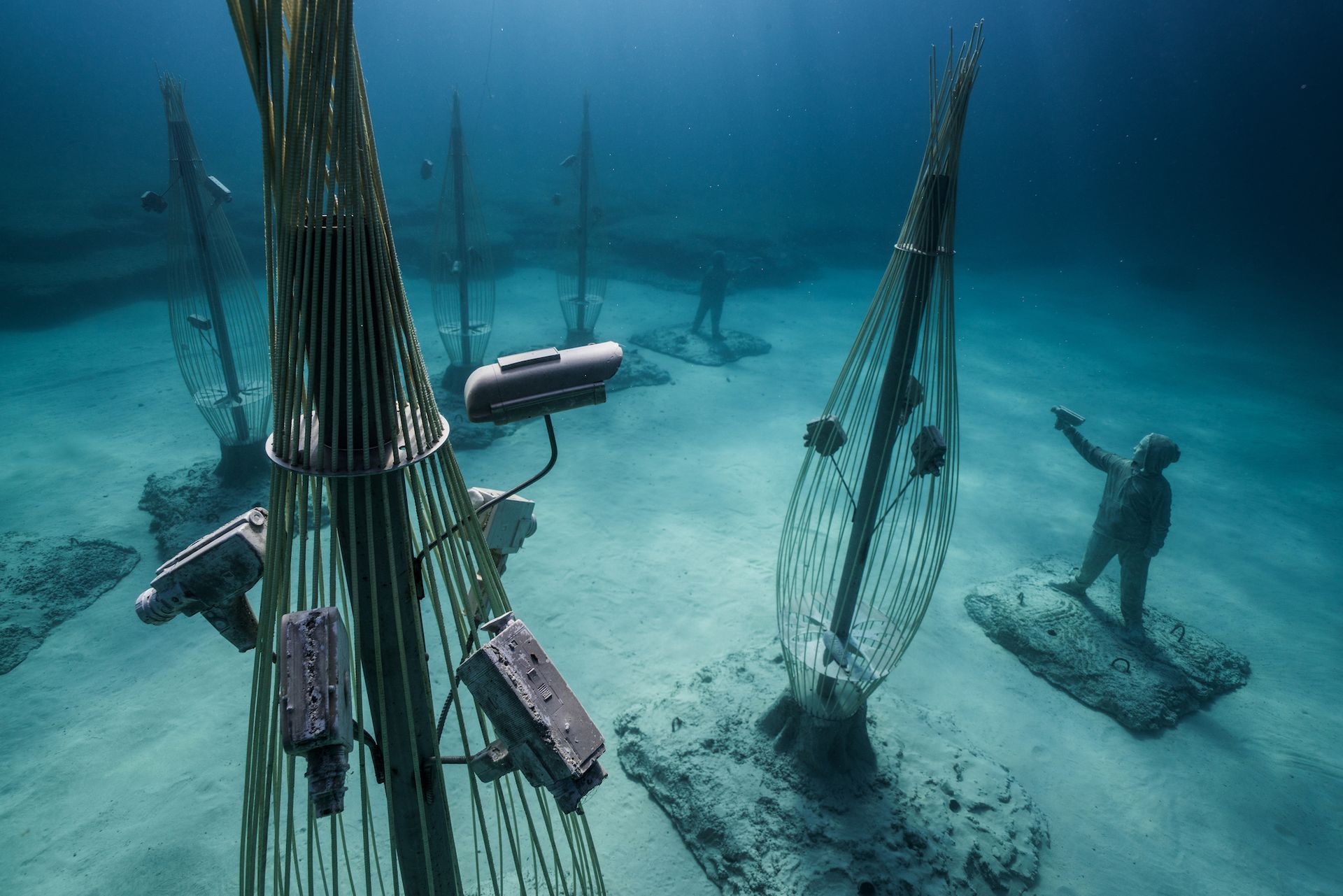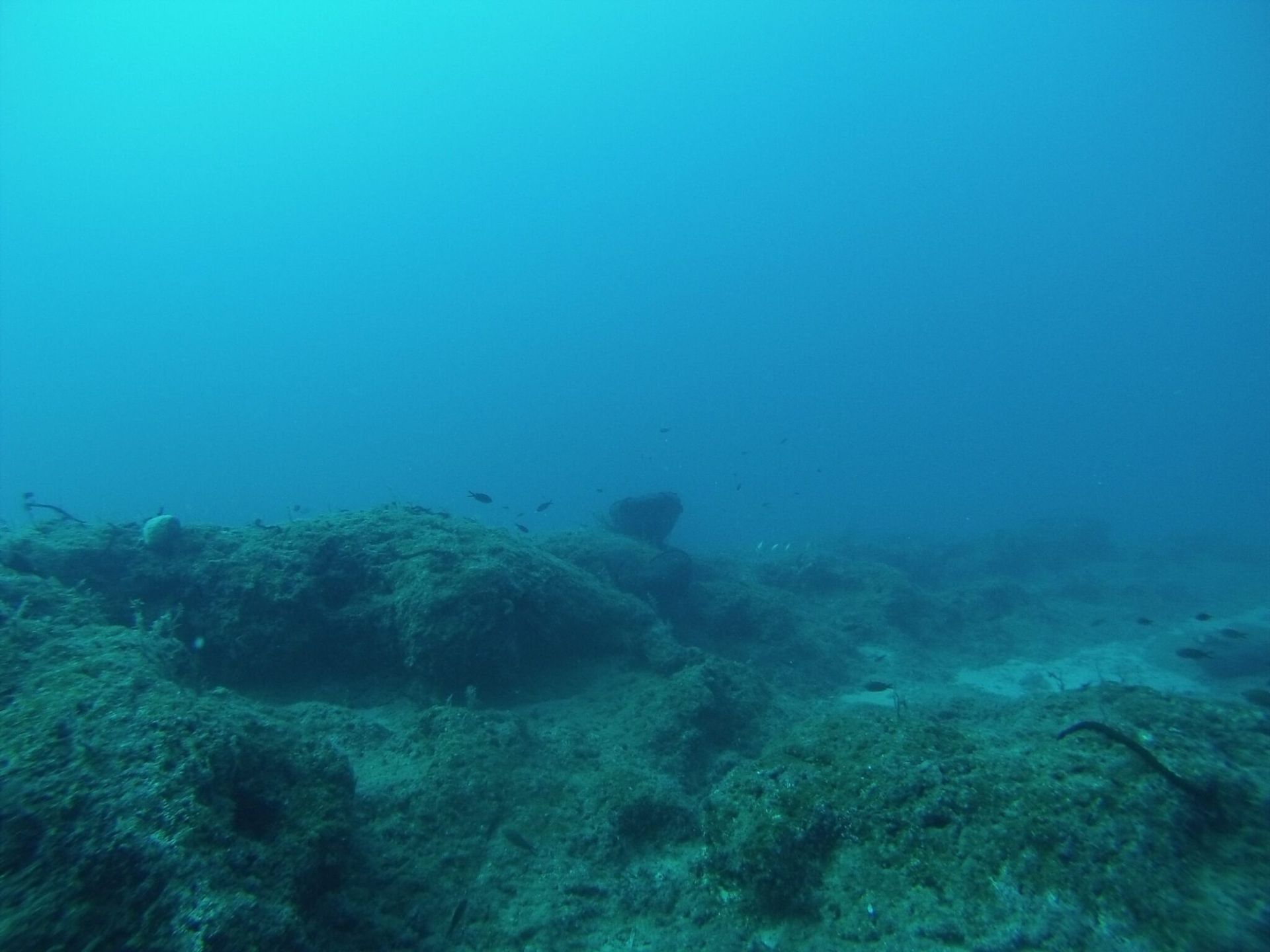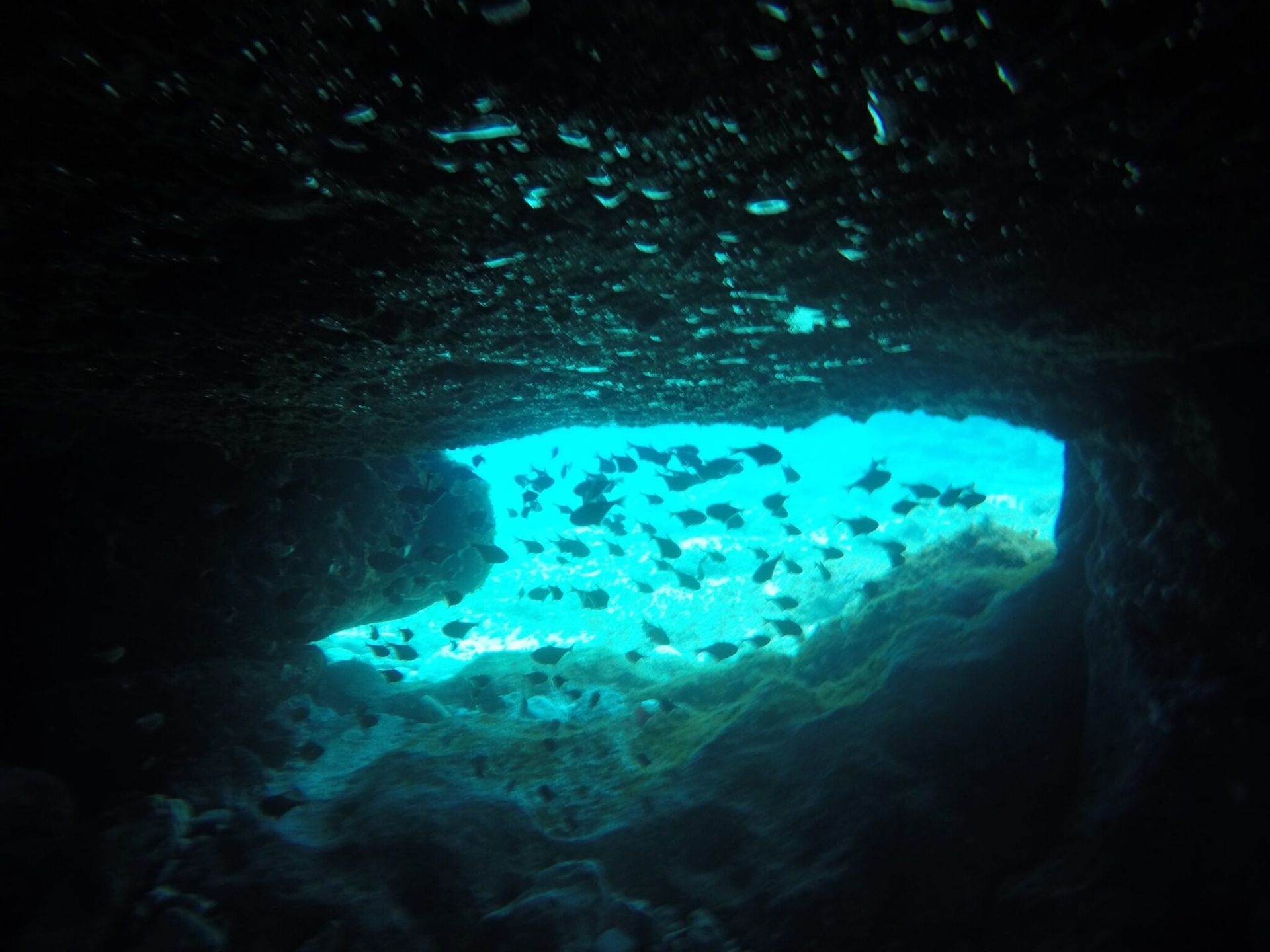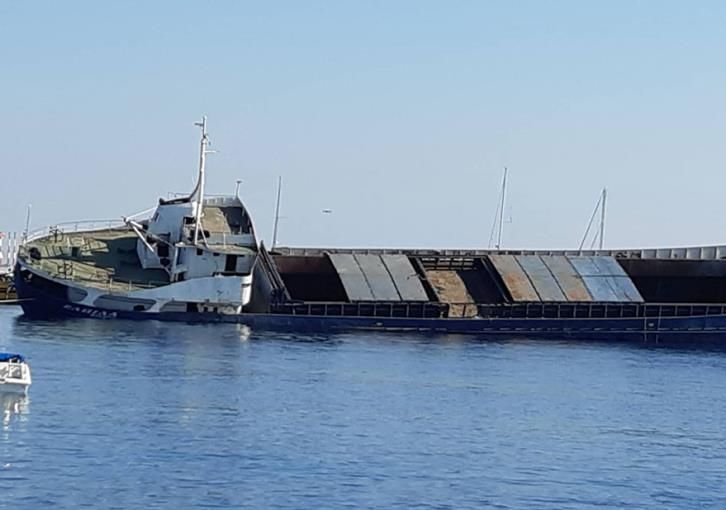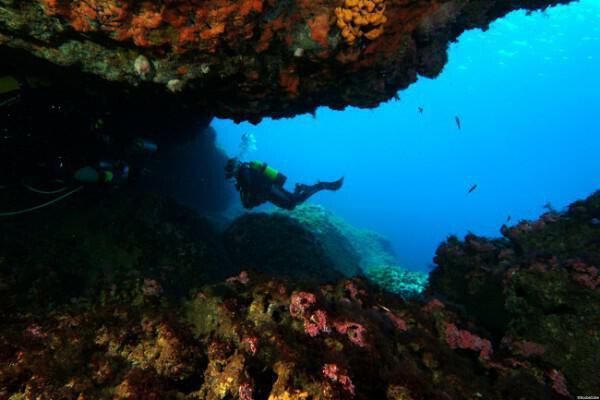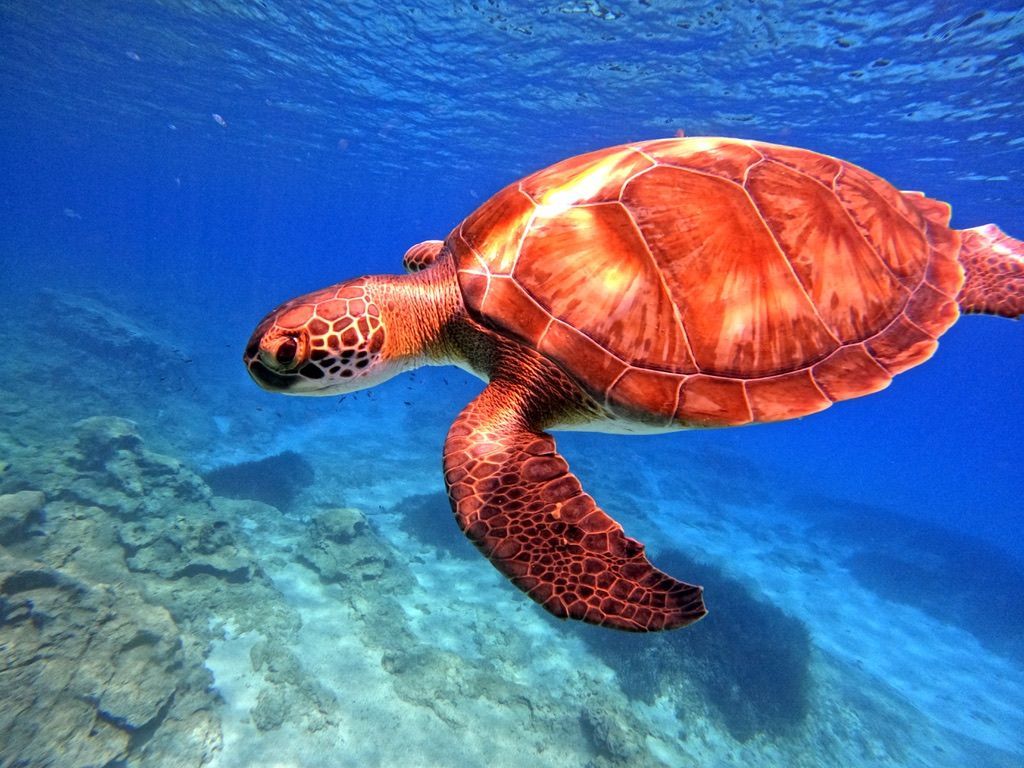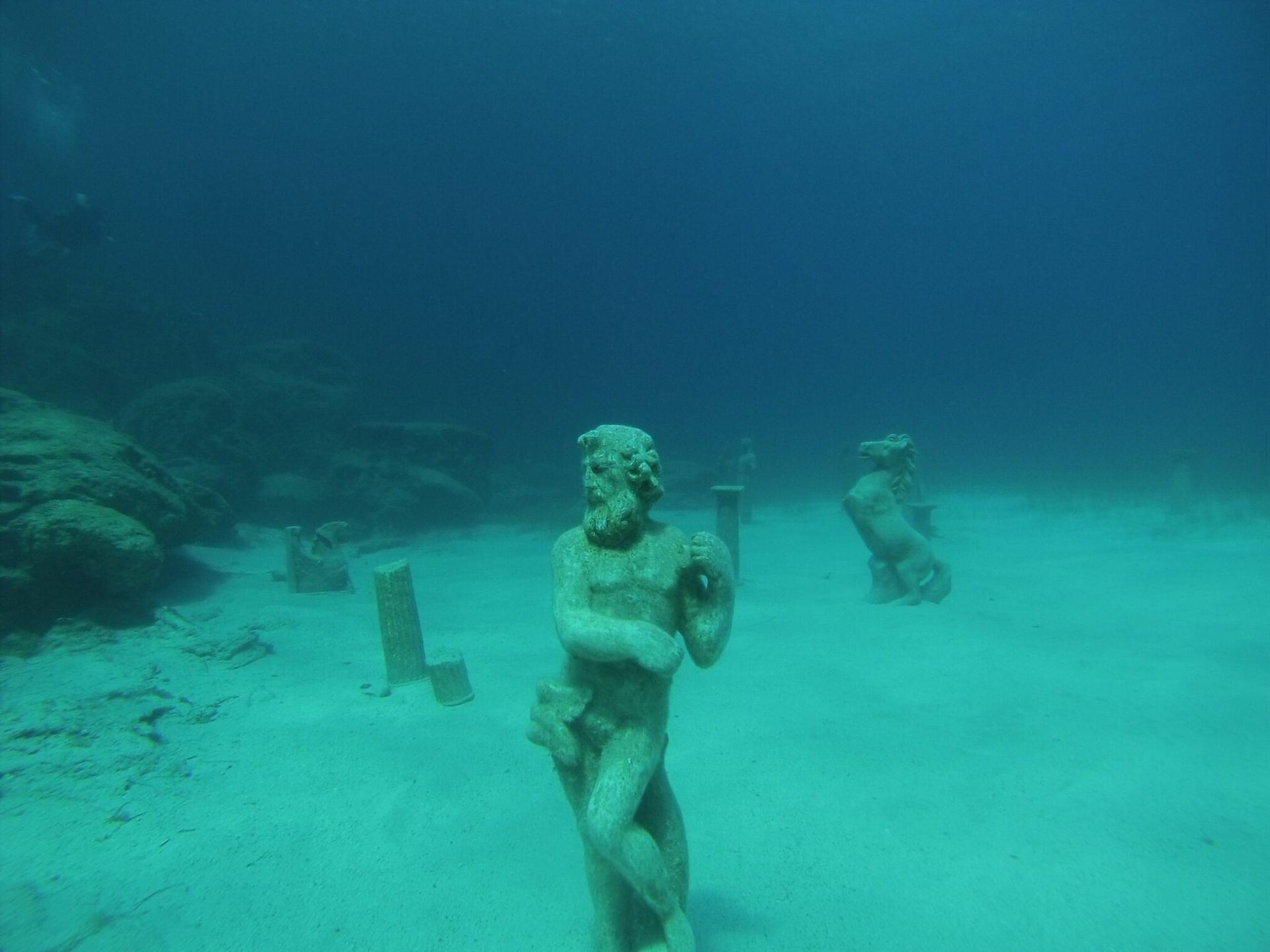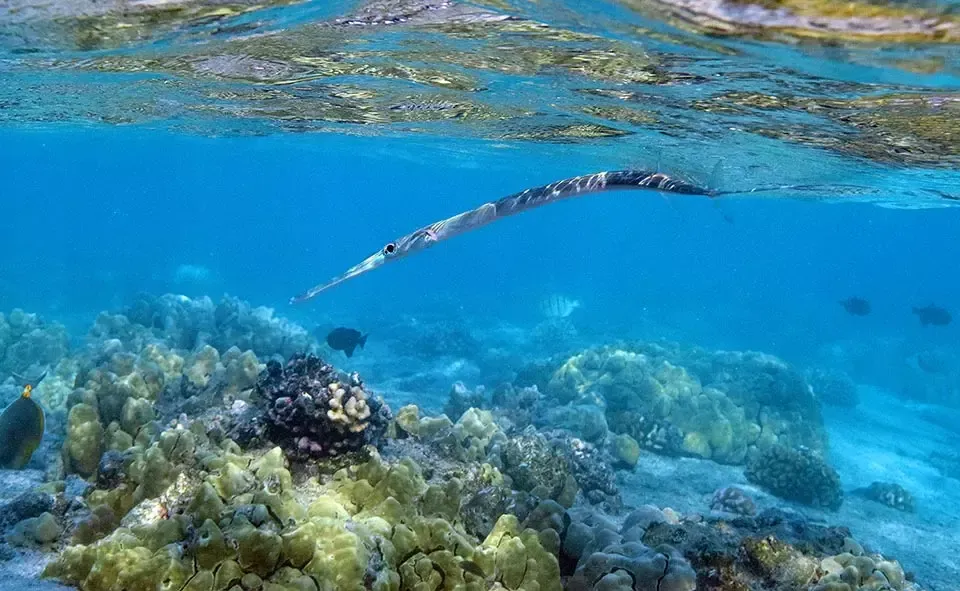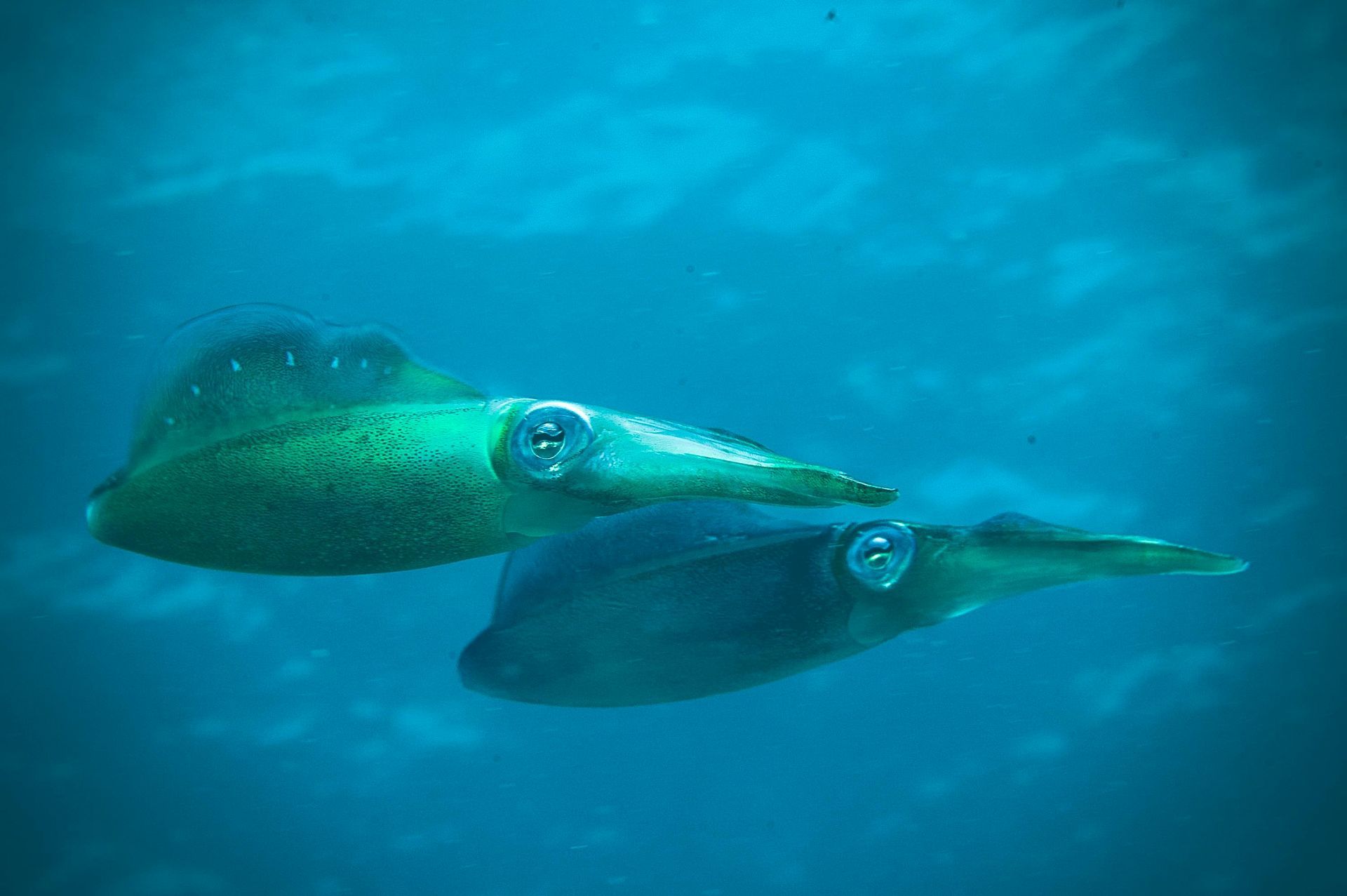Essential Safety Tips for Divers in Cyprus
Dive Smart, Dive Safe!
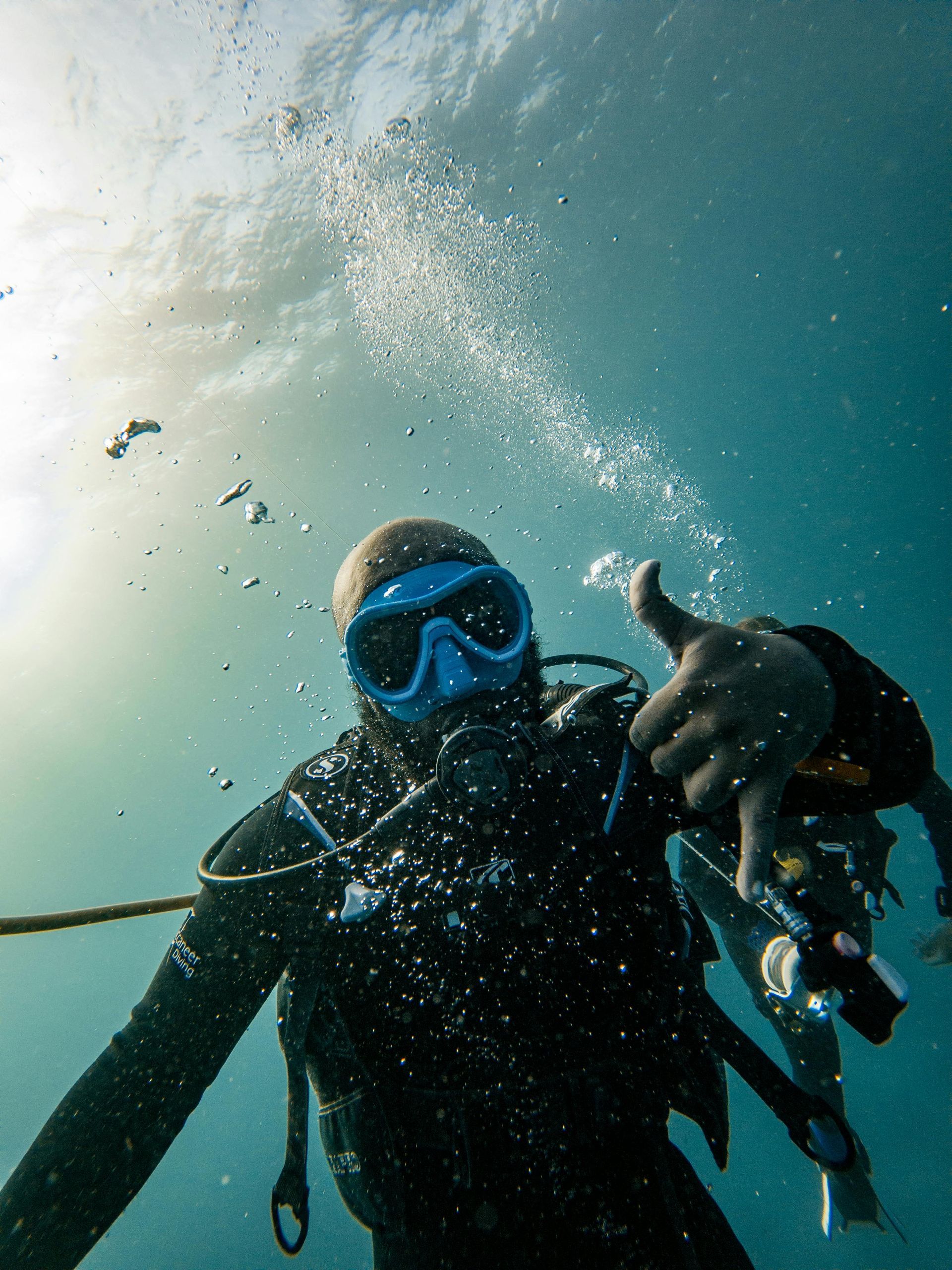
Essential Safety Practices for Divers
The Buddy System: Your Lifeline Underwater
Stay Safe Underwater
Common Diving Hazards and How to Avoid Them
Essential Equipment Use and Maintenance for Safe Diving
01
Understanding Your Diving Gear
Familiarise yourself with each piece of equipment before your dive. Ensure you know how to operate your BCD, regulator, and dive computer. Regularly check for any signs of wear and tear, and always consult your instructor if you're unsure about any aspect of your gear.
02
Routine Maintenance Checks
Perform routine maintenance on your equipment to ensure it functions correctly. Rinse your gear with fresh water after each dive, especially your wetsuit and regulator. Schedule professional servicing for your equipment at least once a year to keep it in top condition.
03
Safety Checks Before Diving
Conduct thorough pre-dive safety checks with your buddy. Verify that all equipment is functioning properly, including checking air supply, buoyancy control, and emergency gear. A systematic approach to these checks can prevent accidents and enhance your diving experience.
Diving Safety FAQs
What should I do before my first dive?
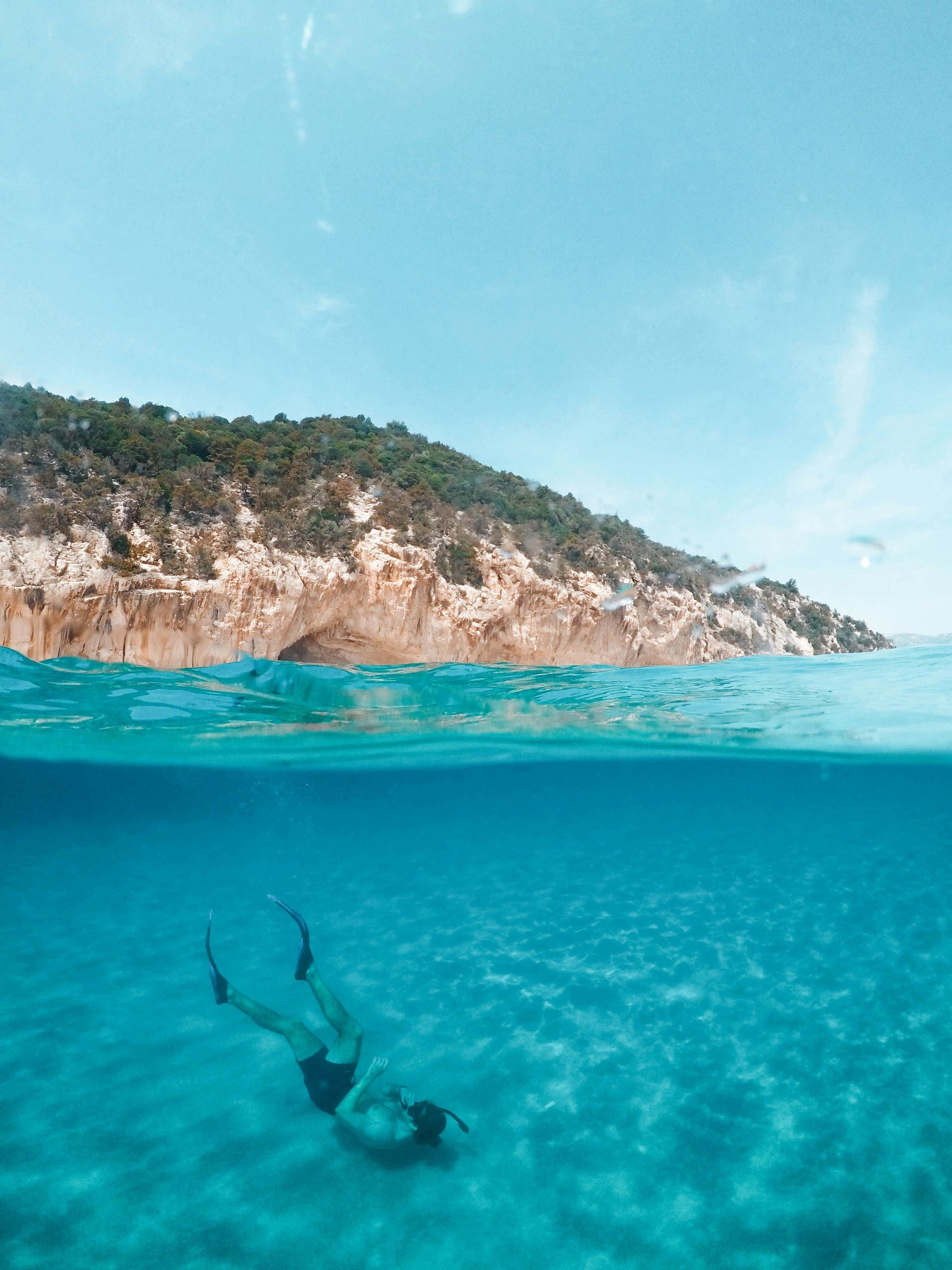 Before your first dive, ensure you complete a thorough pre-dive check, including verifying your equipment, understanding the dive plan, and discussing any concerns with your dive buddy or instructor. It's also essential to be aware of your physical condition and any medical issues that may affect your diving.Read More
Before your first dive, ensure you complete a thorough pre-dive check, including verifying your equipment, understanding the dive plan, and discussing any concerns with your dive buddy or instructor. It's also essential to be aware of your physical condition and any medical issues that may affect your diving.Read MoreHow can I stay safe while diving?
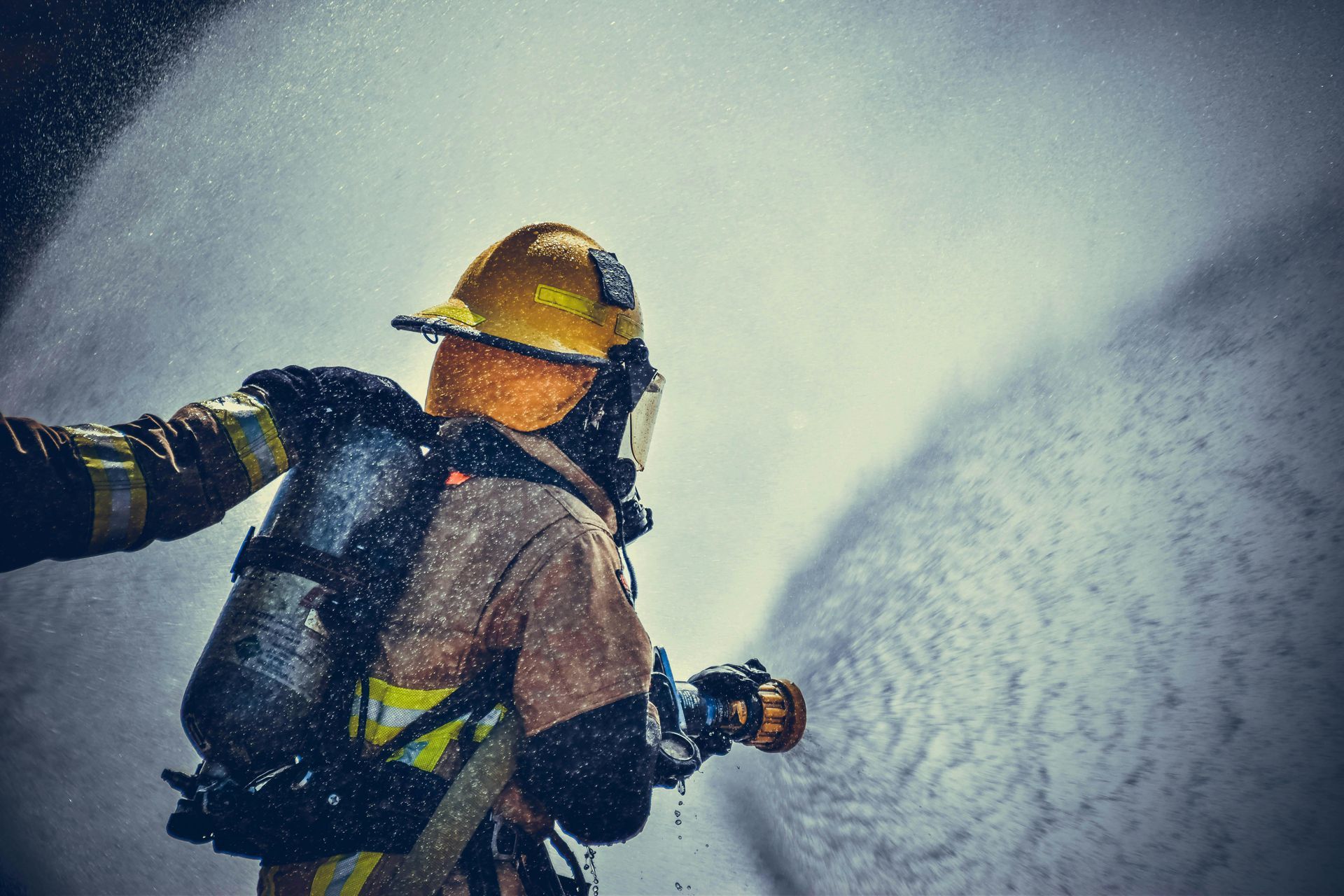 To stay safe while diving, always dive with a buddy, follow the dive plan, and maintain communication underwater. Be aware of your surroundings, monitor your air supply, and ascend slowly to avoid decompression sickness. Regularly check your equipment and ensure it is well-maintained.Read More
To stay safe while diving, always dive with a buddy, follow the dive plan, and maintain communication underwater. Be aware of your surroundings, monitor your air supply, and ascend slowly to avoid decompression sickness. Regularly check your equipment and ensure it is well-maintained.Read MoreWhat should I do in case of an emergency?
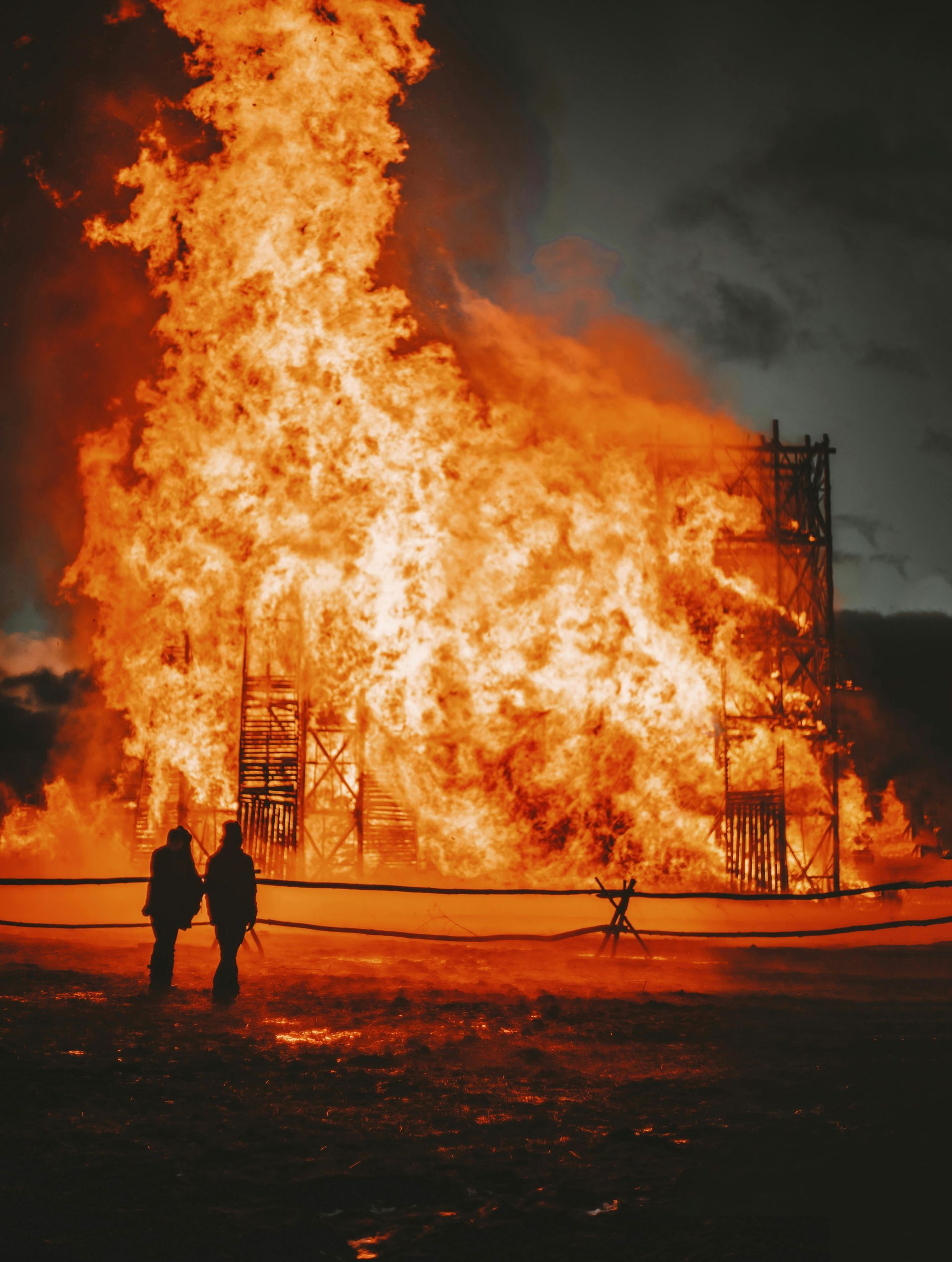 In case of an emergency, remain calm and signal your buddy. If you experience a problem with your equipment, try to resolve it calmly. If you need to ascend, do so slowly and safely. Once on the surface, seek assistance immediately and report the incident to your dive instructor or the dive centre.Read More
In case of an emergency, remain calm and signal your buddy. If you experience a problem with your equipment, try to resolve it calmly. If you need to ascend, do so slowly and safely. Once on the surface, seek assistance immediately and report the incident to your dive instructor or the dive centre.Read MoreWhat are the signs of decompression sickness?
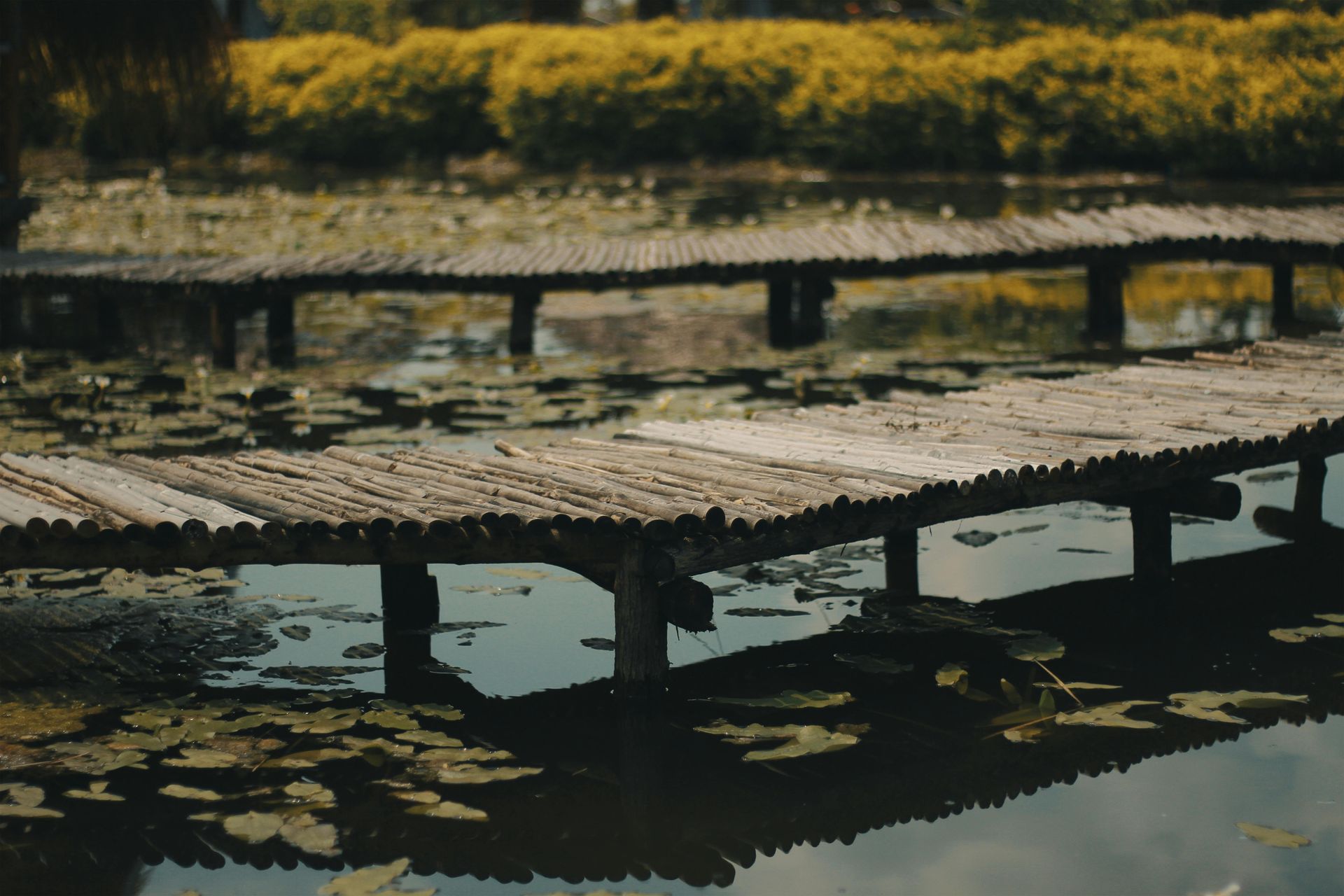 Signs of decompression sickness can include joint pain, dizziness, fatigue, difficulty breathing, and skin rashes. If you experience any of these symptoms after a dive, seek medical attention immediately. It's crucial to inform your dive instructor or the nearest medical facility about your dive profile.Read More
Signs of decompression sickness can include joint pain, dizziness, fatigue, difficulty breathing, and skin rashes. If you experience any of these symptoms after a dive, seek medical attention immediately. It's crucial to inform your dive instructor or the nearest medical facility about your dive profile.Read MoreCan I dive if I have a medical condition?
 If you have a medical condition, it's essential to consult with a doctor who specializes in dive medicine before diving. They can assess your condition and advise you on whether it's safe for you to dive. Always disclose any medical issues to your dive instructor.Read More
If you have a medical condition, it's essential to consult with a doctor who specializes in dive medicine before diving. They can assess your condition and advise you on whether it's safe for you to dive. Always disclose any medical issues to your dive instructor.Read More


